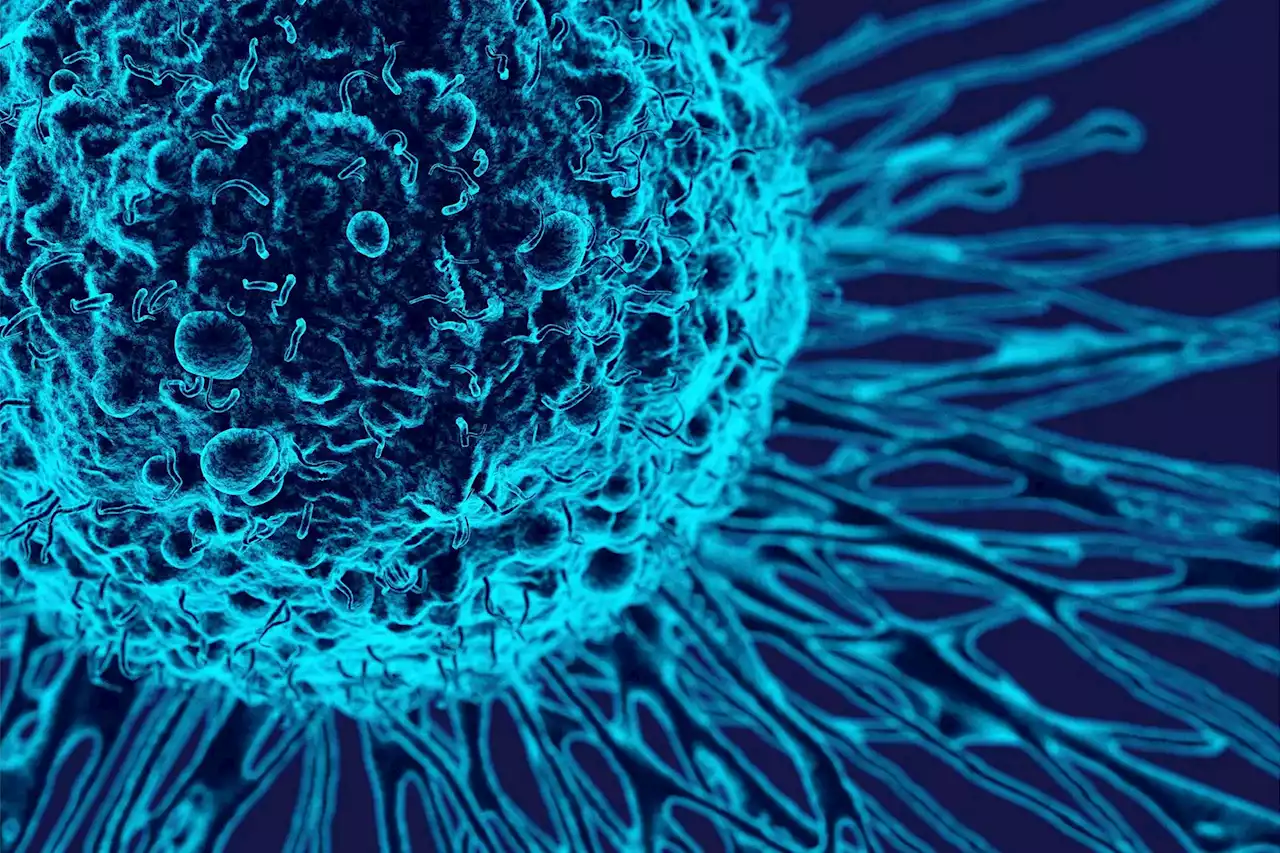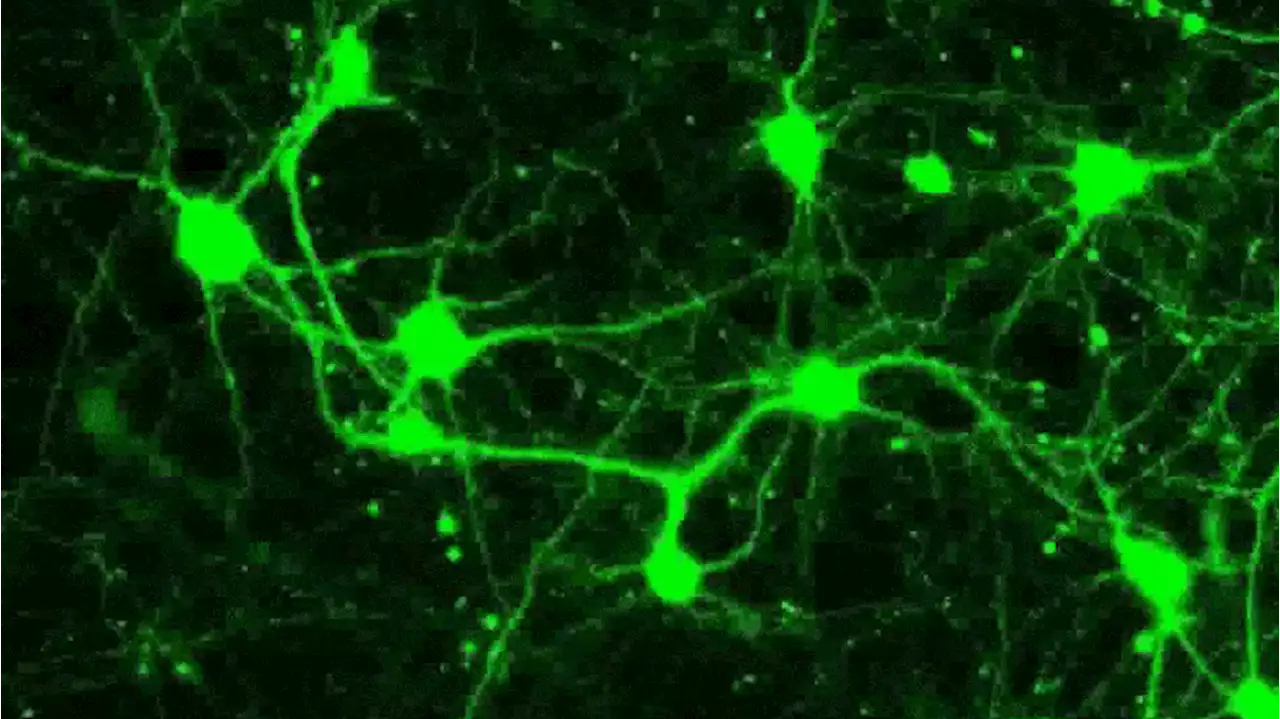The brains of people living with obesity undergo long-lasting changes that negatively affect their ability to feel good emotions after eating food.
An interesting study by researchers at Yale University and Amsterdam University medical centers reveals that obesity adversely affects how a person’s brain reacts to food and nutrients.long-lasting brain changes that limit his ability to feel positive emotions and satisfaction associated with food. These changes in the brain’s activity persist even when the person loses weight.
They also experimented to prove this point. Their study involved two groups; the first group had 30 people with average healthy body weights, and the second included 30 people with obesity.using MRIWhile MRI allowed the researchers to monitor the brain’s response to the nutrients, SPECT enabled them to keep an eye on the release of dopamine hormone that indicates the motivation and pleasure a person derives from food.
Moreover, when the researchers made the obese participants lose 10 percent of their body weight in the following weeks and again scanned their brains. They were surprised that their brain’s capacity to sense nutrients and release dopamine didn’t restore to normal.in a person's brain are long-lasting, affecting a person's eating behavior for a long time. This may explain why many people with obesity find it difficult to change their diet and regains weight even after losing it once.
United States Latest News, United States Headlines
Similar News:You can also read news stories similar to this one that we have collected from other news sources.
 Obesity changes the brain, with ‘no sign of reversibility,’ expert says | CNNThe brains of people considered medically obese didn’t recognize signs of fullness or satisfaction after being fed certain nutrients, a new study found. Those brain changes persisted after weight loss.
Obesity changes the brain, with ‘no sign of reversibility,’ expert says | CNNThe brains of people considered medically obese didn’t recognize signs of fullness or satisfaction after being fed certain nutrients, a new study found. Those brain changes persisted after weight loss.
Read more »
 Pregnancy Exposure to “Forever Chemicals” May Fuel Childhood ObesityA federally funded study led by researchers at Brown University showed links between prenatal exposure to PFAS substances and slightly higher BMI in children. The risks of exposure to “forever chemicals” start even before birth, a new study confirms, potentially setting up children for future hea
Pregnancy Exposure to “Forever Chemicals” May Fuel Childhood ObesityA federally funded study led by researchers at Brown University showed links between prenatal exposure to PFAS substances and slightly higher BMI in children. The risks of exposure to “forever chemicals” start even before birth, a new study confirms, potentially setting up children for future hea
Read more »
 Stanford Scientists Identify Genes Linked to Familial Brain CancerA global collaboration directed by a researcher from Stanford Medicine has discovered over 50 genes associated with glioma, a rare brain cancer. While the majority of gliomas occur spontaneously, a small fraction is inherited. In 2013, Carrie Davis Lebovich and Hadley Rierson, two sisters, found
Stanford Scientists Identify Genes Linked to Familial Brain CancerA global collaboration directed by a researcher from Stanford Medicine has discovered over 50 genes associated with glioma, a rare brain cancer. While the majority of gliomas occur spontaneously, a small fraction is inherited. In 2013, Carrie Davis Lebovich and Hadley Rierson, two sisters, found
Read more »
 COVID-19 Can Cause Brain Cells To Fuse – Leading to Chronic “Long COVID” Neurological SymptomsResearchers have discovered viruses such as SARS-CoV-2 can cause brain cells to fuse, initiating malfunctions that lead to chronic neurological symptoms. Scientists at The University of Queensland have discovered viruses such as SARS-CoV-2 can cause brain cells to fuse, initiating malfunctions th
COVID-19 Can Cause Brain Cells To Fuse – Leading to Chronic “Long COVID” Neurological SymptomsResearchers have discovered viruses such as SARS-CoV-2 can cause brain cells to fuse, initiating malfunctions that lead to chronic neurological symptoms. Scientists at The University of Queensland have discovered viruses such as SARS-CoV-2 can cause brain cells to fuse, initiating malfunctions th
Read more »
 What Happens To Your Brain On Art? Discover The Research HereEver felt transformed by a song, poem, movie, or work of art? There's an emerging field called neuroaesthetics that studies the impact of art on our brains 🧠👩🎨🖼️ 🎼 penguinrandom mbgpartner
What Happens To Your Brain On Art? Discover The Research HereEver felt transformed by a song, poem, movie, or work of art? There's an emerging field called neuroaesthetics that studies the impact of art on our brains 🧠👩🎨🖼️ 🎼 penguinrandom mbgpartner
Read more »
 The best menopause apps to download nowFrom symptom trackers to brain fog busters
The best menopause apps to download nowFrom symptom trackers to brain fog busters
Read more »
